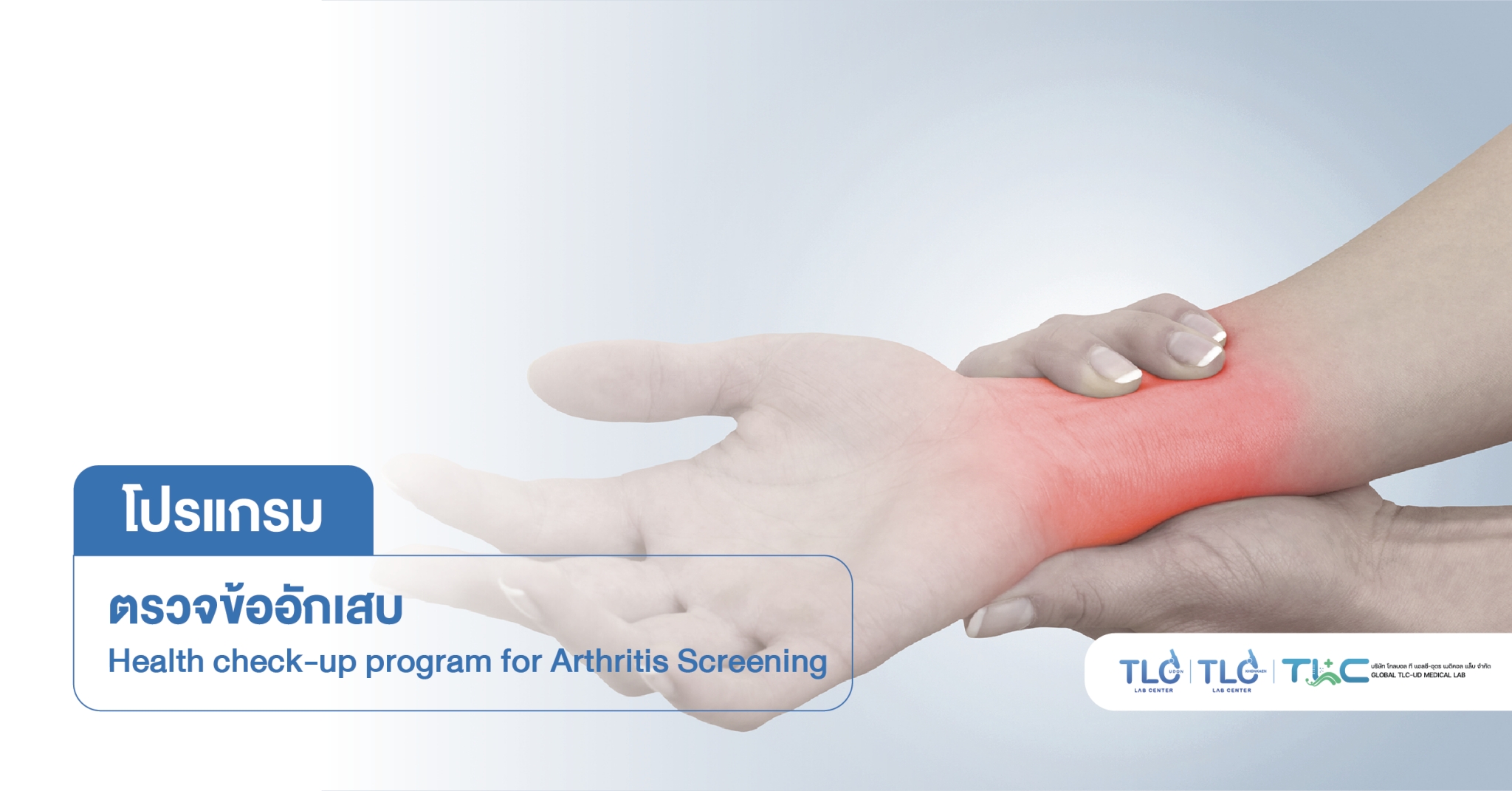What is Uric Acid?
Uric Acid is a substance derived from the breakdown of Purine which occurs naturally in the body from cell decomposition, and including certain types of foods consumed. If the body is inefficient in eliminating uric acid through urine, it can lead to high levels of uric acid in the blood, posing risks for various conditions such as gout, kidney stones, joint inflammation, and more.
Causes of High Uric Acid
Hyperuricemia, the condition of elevated uric acid, results from either excessive production or insufficient excretion of uric acid through urine, often due to kidney dysfunction. Uric acid levels vary with age, gender, and hormonal changes. Oestrogen, abundant during reproductive years, aids in uric acid elimination. After menopause, oestrogen levels decrease, leading to higher uric acid levels in women (normal range < 6.0 mg/dl) and in men (< 7.0 mg/dl).
Other factors contributing to high uric acid or limiting its excretion include:
- Genetic abnormalities in enzymes related to Purine synthesis.
- Consumption of alcohol (beer).
- Intake of fructose-rich fruits.
- Cancer-affecting blood cells.
- Abnormalities in the kidneys and ureters.
- Use of certain medications.

Diseases Associated with High Uric Acid
Elevated uric acid levels are linked to various conditions, including:
- Hypertension (high blood pressure)
- Stroke
- Gout
- Kidney failure
The occurrence of high uric acid results from both internal production and dietary intake, especially from foods high in Purine, such as
- offal
- meat,
- soups
- lentils
- yellow and green peas,
- mackerel
- sardines
- carbonated drinks
- alcohol
- fructose-rich fruits
- and foods excessively high in sugar (fructose, sucrose).

Managing High Uric Acid
What should I do if I have high uric acid?
Normally, 70% of uric acid is excreted in the urine. So:
- Drink lots of water.
- Drinking mineral water is even better because it makes the body alkaline. If the body is alkaline, it will be better able to remove uric acid from the body.
- Choose to avoid the foods listed above.
Health care: We all need to be aware of our state of health before having symptoms or diseases. We therefore recommend a health check at least once a year.
In summary, uric acid in the blood significantly impacts health, contributing to heart disease and high blood pressure. In the future, we may discover even more consequences of elevated uric acid levels.














